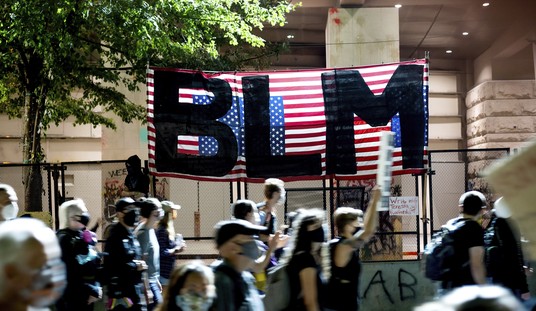The cramdown bill appears stalled in the Senate, and Dick Durbin isn’t happy about it. He complained to the Washington Post that the mortgage lenders still have an influence on legislation, but it’s not much of a surprise why. Durbin wants to give judges power to unilaterally reset the value of mortgages on loans as high as $730,000 to benefit homeowners who bit off more than they could chew:
Days before an expected vote, Senate leaders yesterday touted their version of a proposal to allow bankruptcy judges to modify mortgages, but have yet to secure the support of the financial services industry and face fierce opposition that could derail the proposal again.
Senate Majority Whip Richard J. Durbin (D-Ill.) has been negotiating with Bank of America, J.P. Morgan Chase and Wells Fargo for weeks. They are facing increasing pressure to conclude negotiations before a Senate vote later this week, but talks continue, according to Senate aides.
“I hope we can muster the courage and find the votes, although I know it will be hard,” Durbin said on the Senate floor yesterday. Durbin has been pushing the measure for more than two years. “It’s hard to imagine that today the mortgage bankers would have clout in this chamber, but they do.”
I know Durbin wants to paint himself and his party as defenders of the common man, but the common man will pay the price for all of the government intervention. Lenders will have to tighten credit as they lose money on notes already issued, and pressure will begin to force interest rates higher to recoup some of the losses. While the government attempts to create a floor value for mortgage-backed securities on these same loans, the uncertainty of the actual principal on the loans will make the value even more opaque than ever.
And who, exactly, will Durbin’s bill protect? Take a look at the astronomical cap on the program:
Despite the ongoing negotiations, Senate aides said the section covering bankruptcy modification is near completion. It would weaken the bill by requiring homeowners to be two months delinquent and have an outstanding balance of less than $729,750 to qualify. If a bankruptcy judge lowers the principal balance, the borrowers would have to split any profit with the lender if they sold the home while still in bankruptcy proceedings.
We’re intervening to save homes worth almost three-quarters of a million dollars? The rest of us have to pick up the costs because people bought expensive homes they couldn’t afford, and now can’t refinance to get smaller payments? That figure does not represent Mom and Pop America; it represents the speculators who helped drive up the market and bought irresponsibly. Bankruptcy exists to cover those situations, not government subsidies and intervention in private contracts.
And that was the compromise that Durbin offered. The original bill apparently didn’t have a cap.
Most Americans don’t live in homes that required $730K mortgages. The average value of a home in the US is less than $170,000, or about a quarter of the cap. Even at its peak, the average home value for the US was $220,000, and in the West, where prices were highest, it was just under $300,000. Durbin wants to intervene on mortgages that more than doubled the highest regional price average at the peak of the home bubble.
He’s not rescuing the common folk. He’s rescuing the speculators at the expense of everyone else.







Join the conversation as a VIP Member